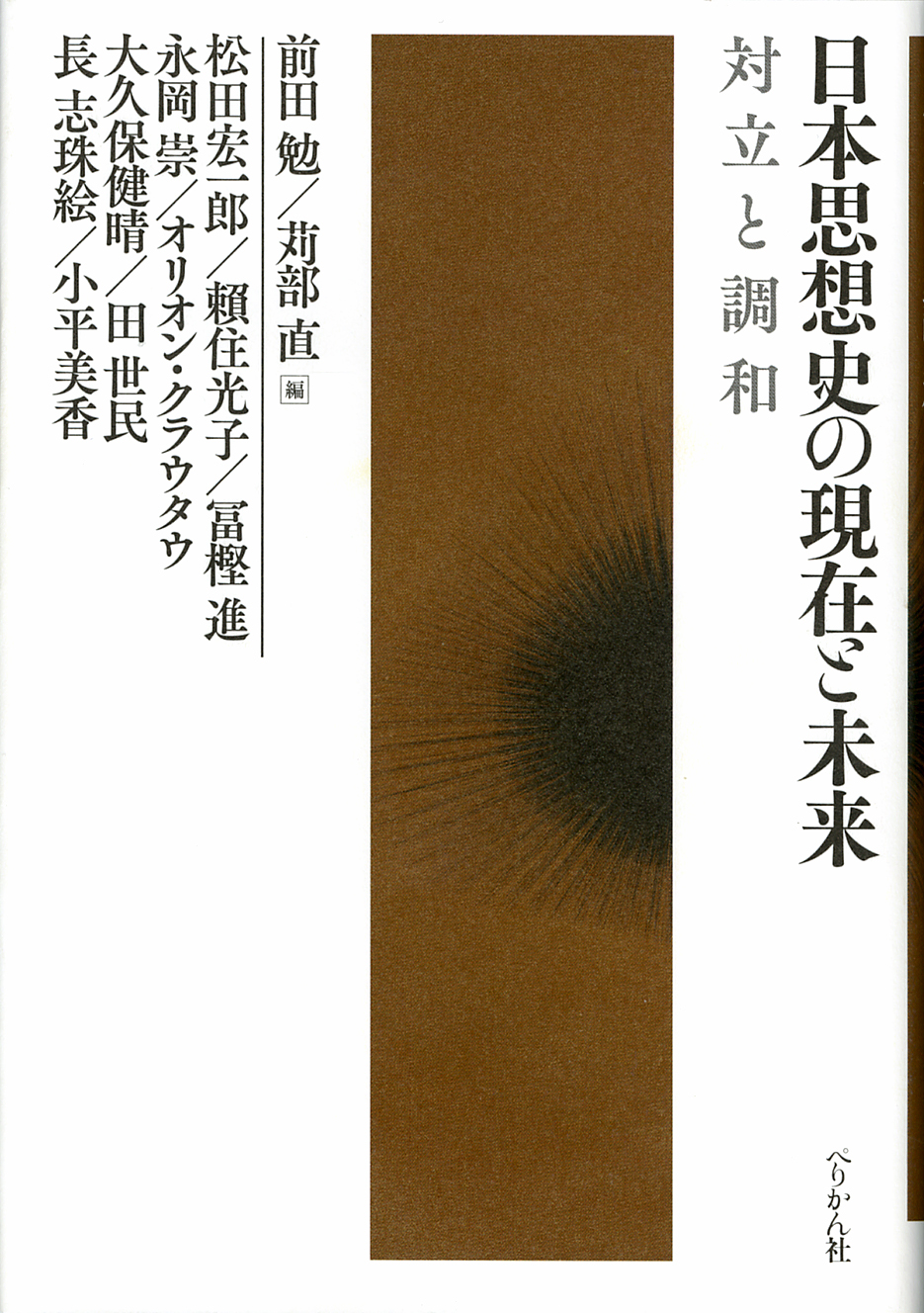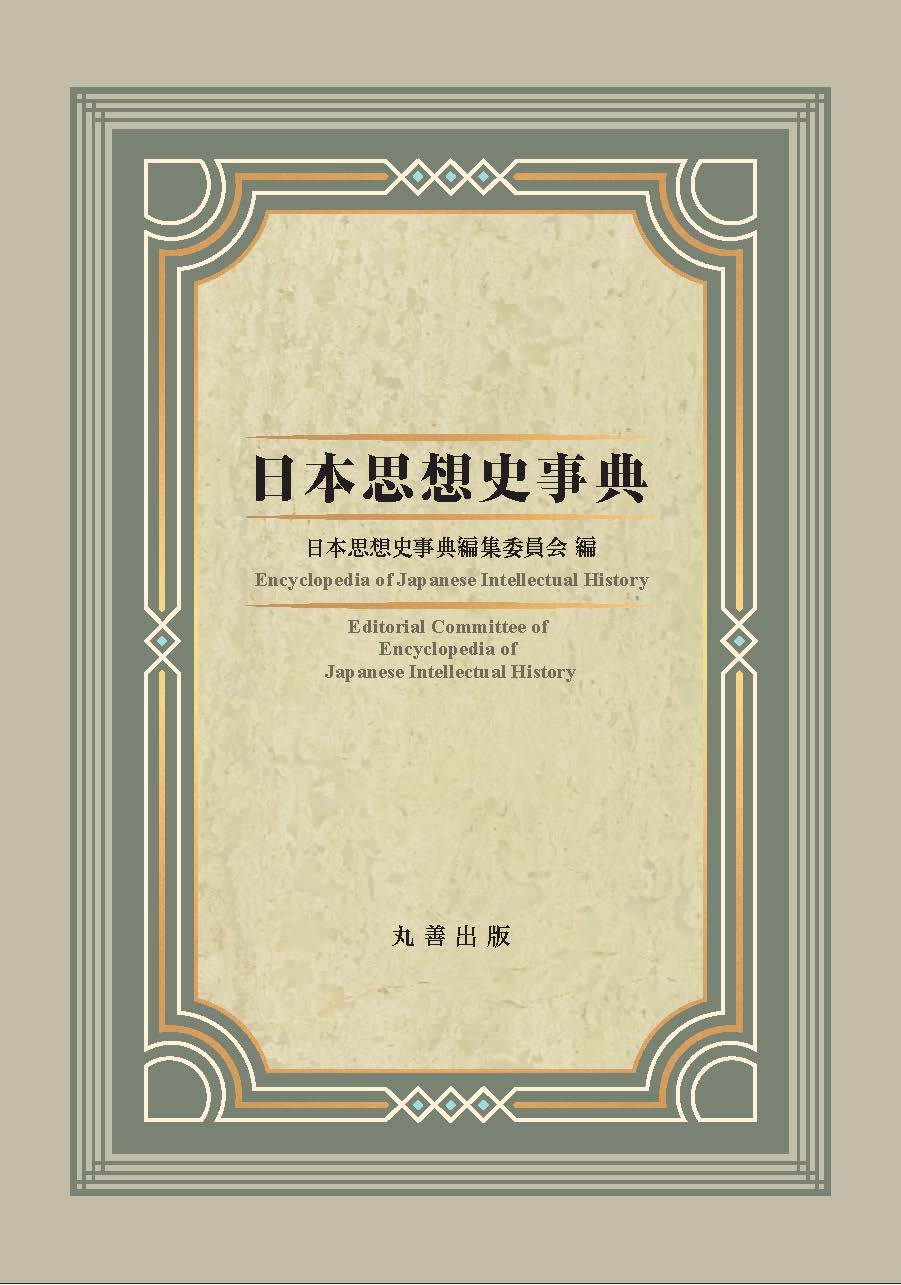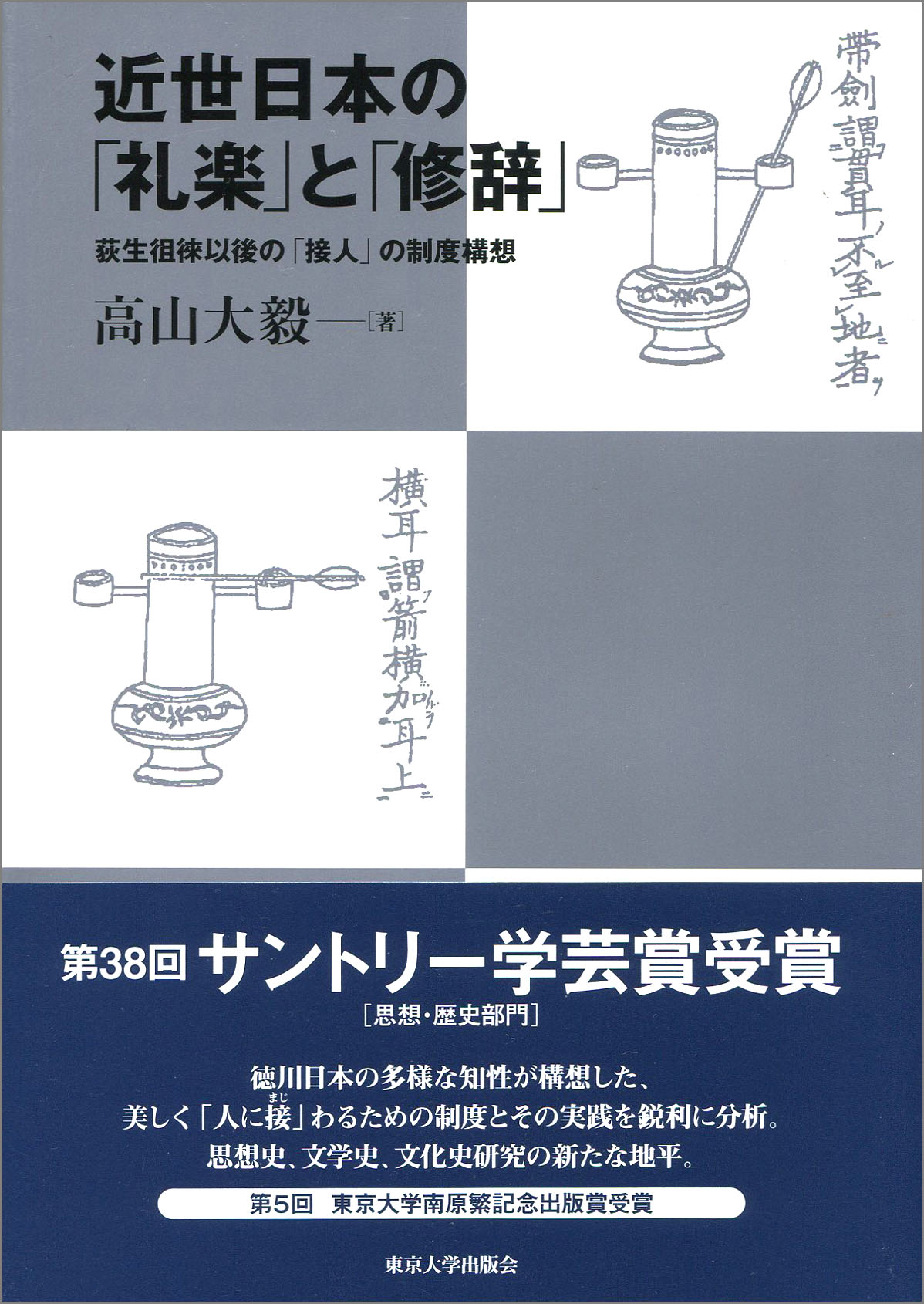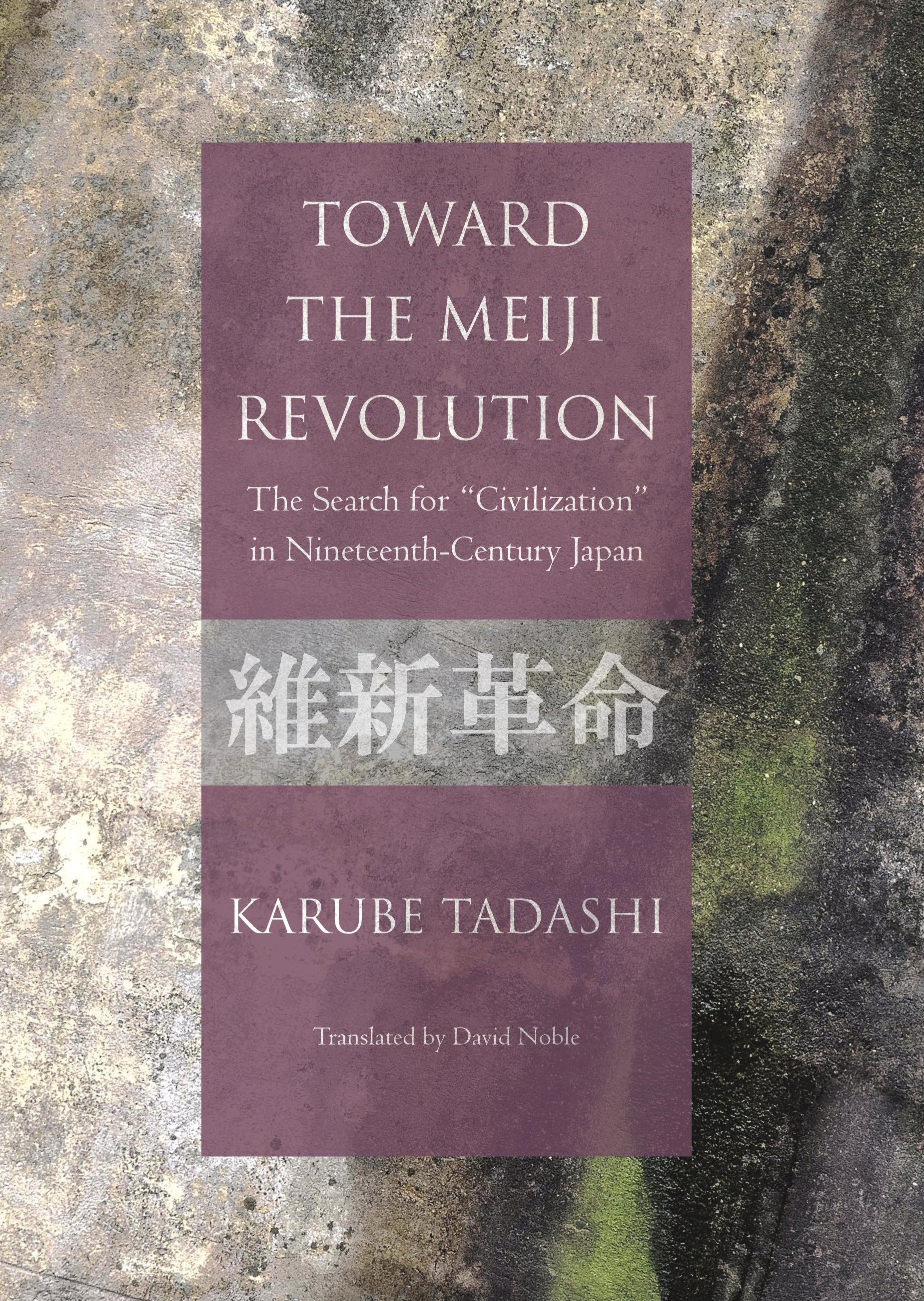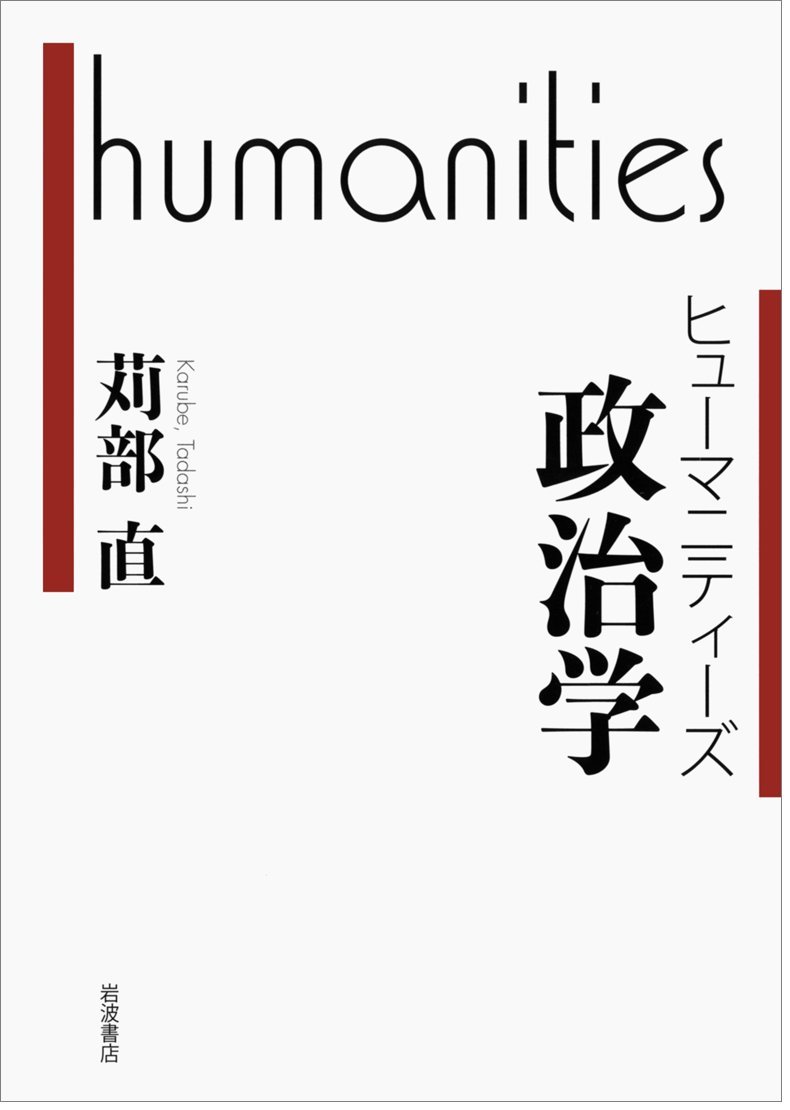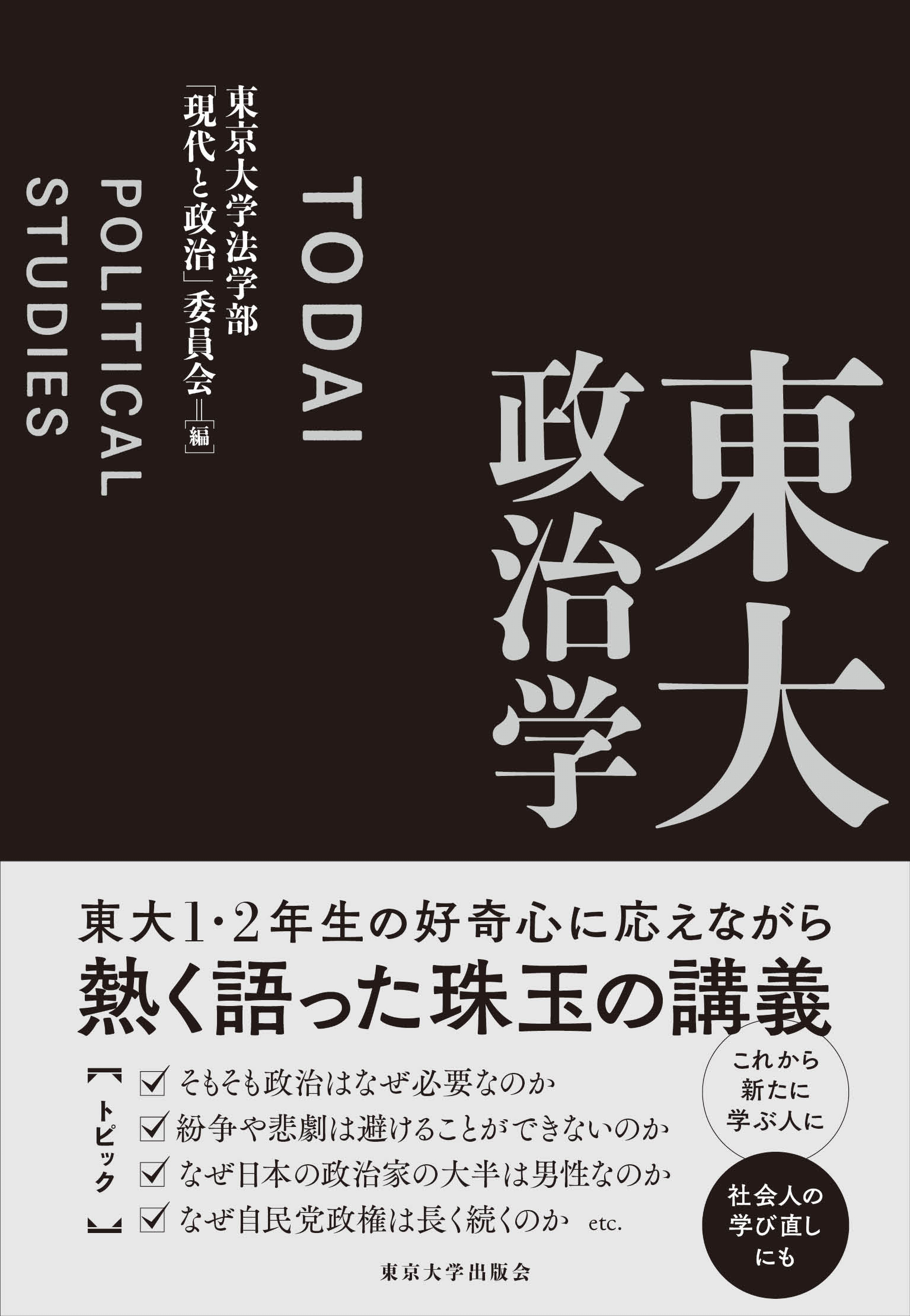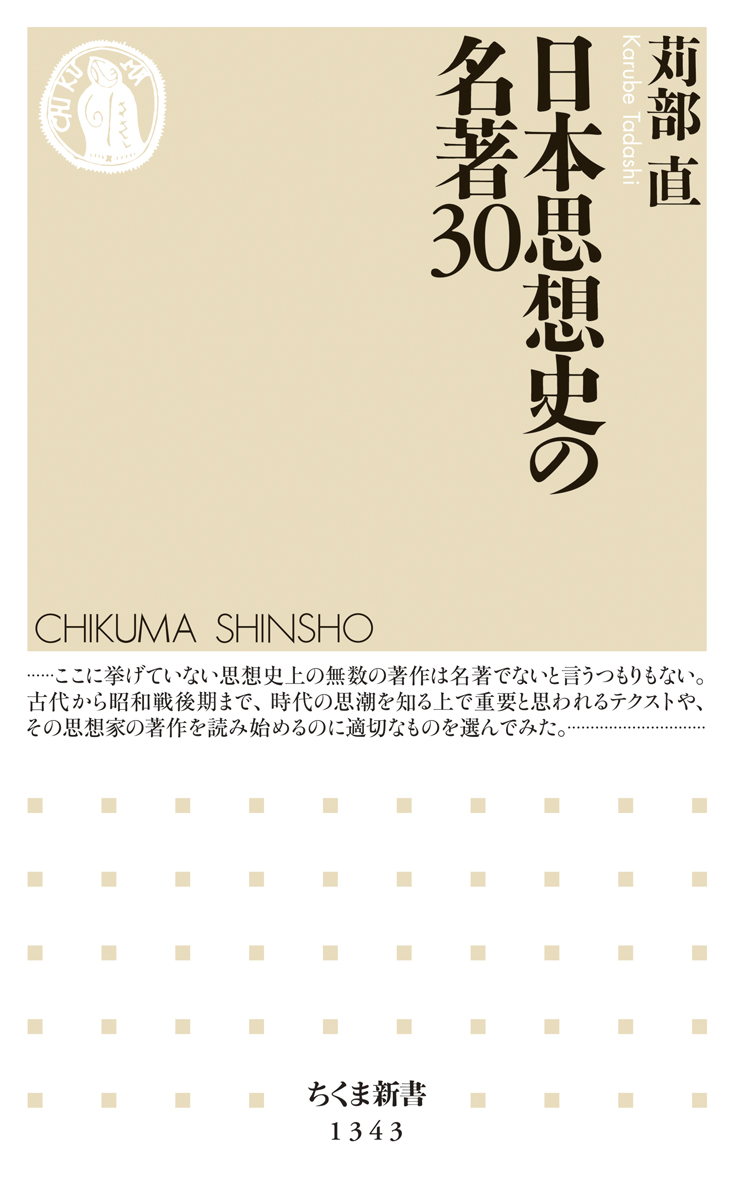
Title
Chikuma Shinsho 1343 Nihon-Shisoshi no Meicho 30 (Thirty Classic Works of Japanese Intellectual History)
Size
272 pages, paperback pocked edition
Language
Japanese
Released
July 05, 2018
ISBN
978-4-480-07159-0
Published by
Chikuma Shobo
Book Info
See Book Availability at Library
Japanese Page
In recent years, works such as historical overviews and dictionaries about Japanese intellectual history have been published in quick succession. A great many works attempting to be overviews and summaries have been published, starting with thinkers such as the prewar Sokichi Tsuda and Tsunetsugu Muraoka and the postwar Tetsuro Watsuji and Masao Maruyama. However, apart from histories that survey the ideas written in the texts and introduce them in chronological order, or research essays focusing on a single intellectual, is there not a need for a survey history written at an intermediate analytical level? This book was written with that need in mind. Therefore, the author has selected thirty of the most important works of Japanese intellectual history from ancient times to the postwar Showa period, and along with discussing them in a reasonable amount of detail, has added observations on the intellectual issues expressed therein. At the same time, the author also examines how these ideas were interpreted by later generations. The author’s aim was to put together thirty of these essays to create a unique survey and primer.
Starting with Takeshi Sasaki’s Thirty Classic Works of Political Science, book series Chikuma Shinsho has been publishing a new volume of its “Thirty Classic Works” series annually to cover each academic discipline. Additionally, two other works in their catalog are closely related to Japanese intellectual history: Lectures on Meiji History (influential people) and Lectures on Showa Japan (prewar public intellectuals), both edited by Kiyotada Tsutsui. Reading this book along with these other writings will impart an even deeper knowledge and appreciation of the breadth of the field of Japanese intellectual history.
(Written by KARUBE Tadashi, Professor, Graduate Schools for Law and Politics / 2019)



 Find a book
Find a book


